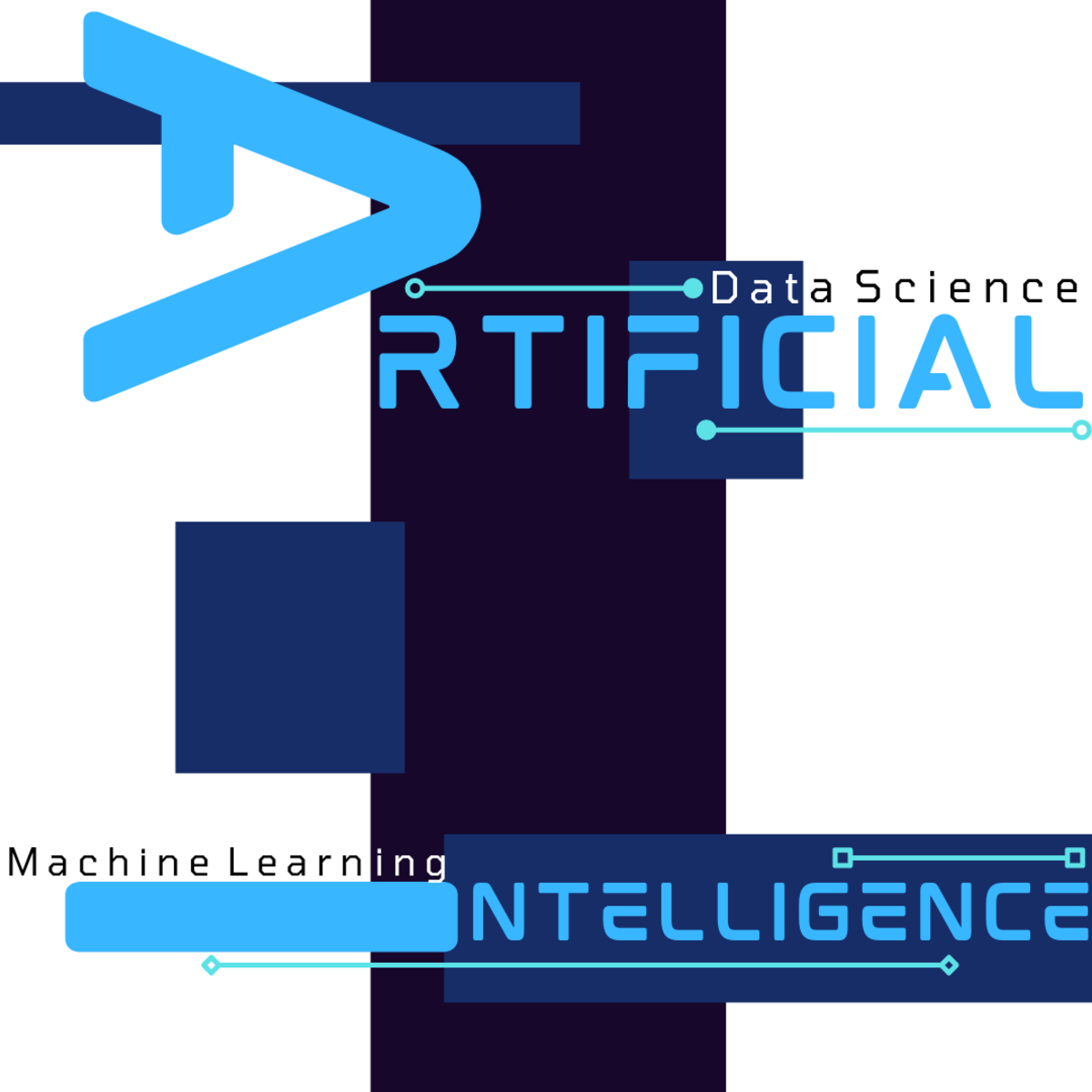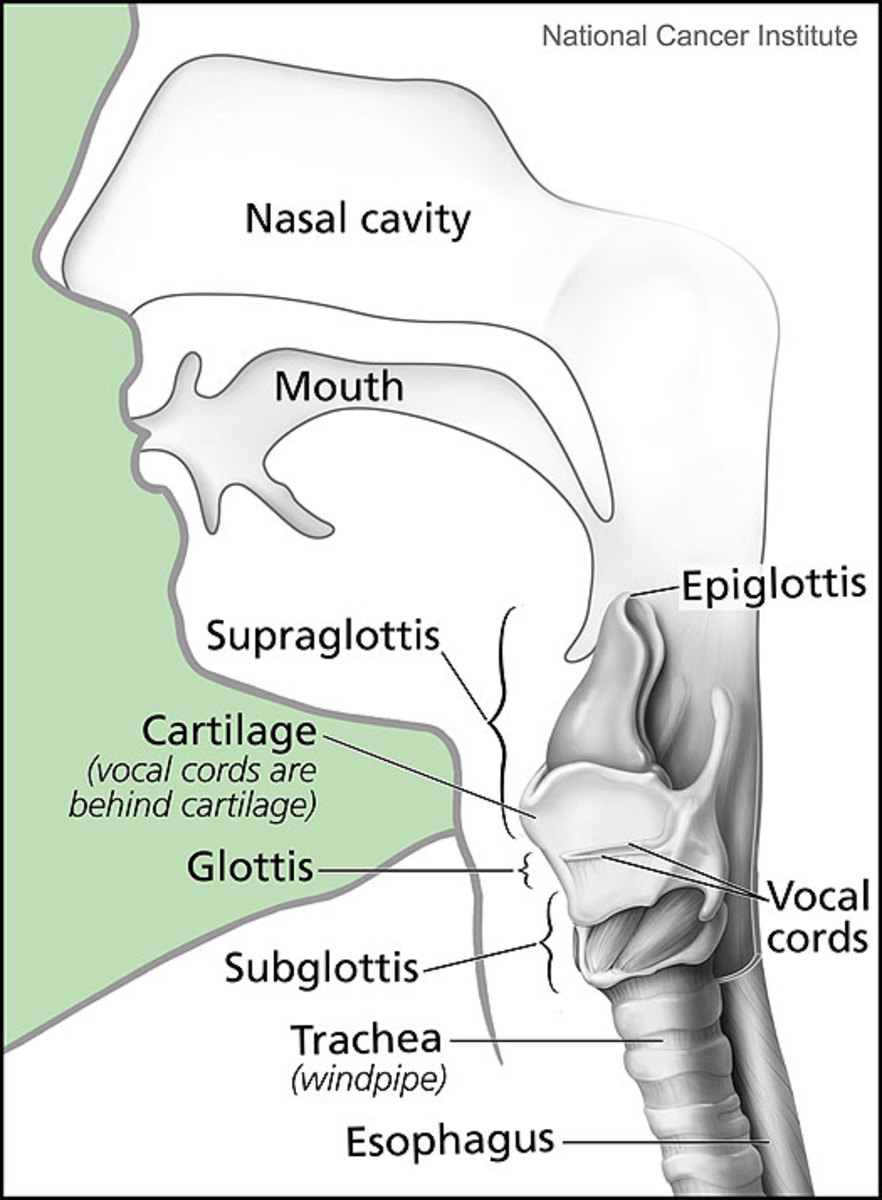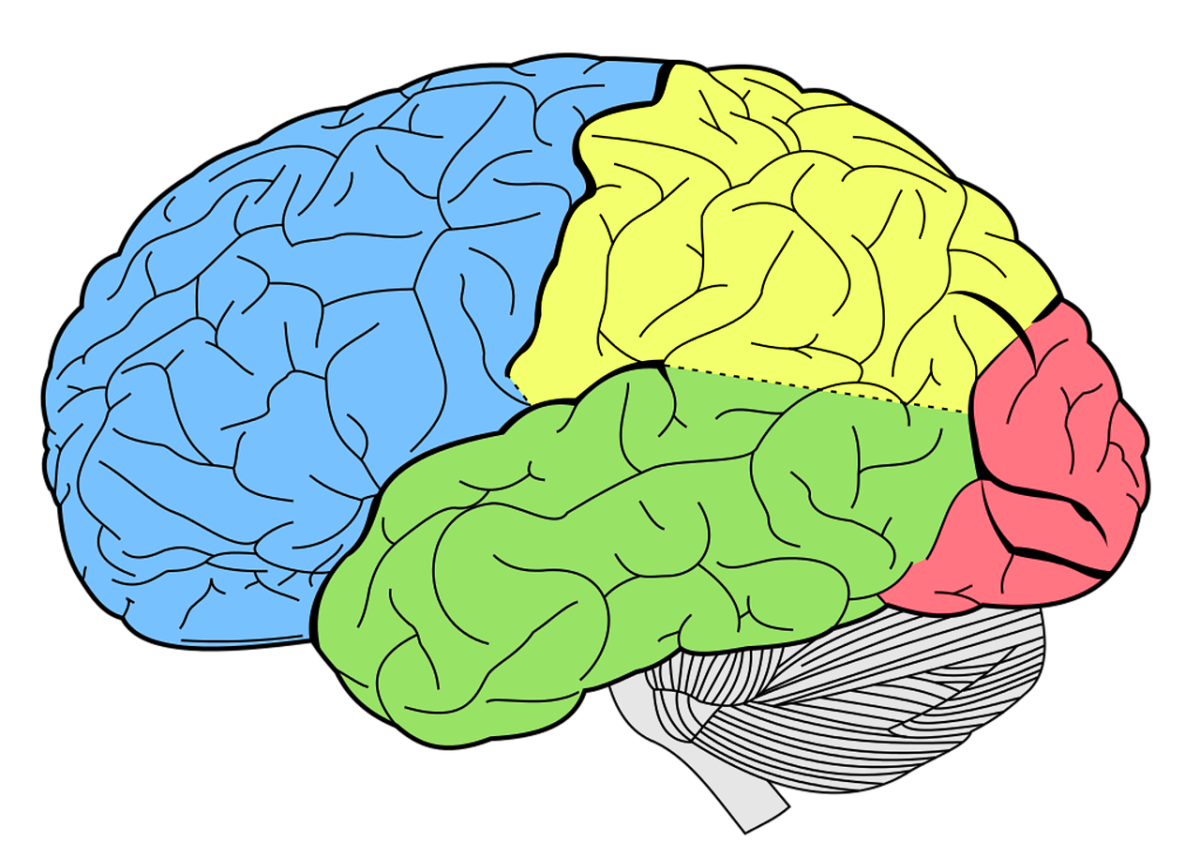Myth or Reality? AI Is Helping in Diagnosing & Treating Cancer

Did You Know?
-
Cancer is the leading cause of death worldwide and is responsible for an estimated 9.8 million deaths in 2018. Globally, about 1 in 6 deaths is due to cancer.
-
Tobacco use, alcohol use, unhealthy diet, and physical inactivity are major cancer risk factors worldwide.
Cancer is a big health issue and statistics show that about 17 million cases of this disease were diagnosed across the world last year. Also, as per the same research, it is estimated that there will be about 28 million cancer cases by the year 2040.

If we do not go by the stats, it is also essential to note that the diagnosis, treatment and patient outcomes have improved greatly. If we go back and check, less than a quarter of individuals suffering from cancer survived. However, now (almost 5 decades later), due to the advancements in technology and technological progress, the survival of the cancer patients has almost doubled.
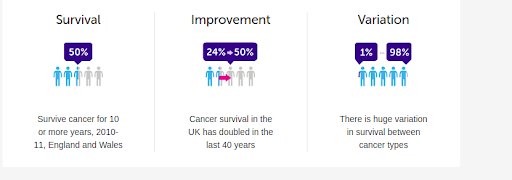
But, the good news is that people can now fight with this deadly disease with the help of the most powerful technology- Artificial Intelligence. Really? Well, I will reveal this in the subsequent part of this article.
Although, Artificial Intelligence is known to solve complex problems, can it really help in diagnosing and treating cancer in the patients?
Read ahead to know if Artificial Intelligence solutions can really prove to be helpful in diagnosing and treating cancer.
One of the zones where AI is relied upon to have a significant effect is healthcare. Here, it very well may be utilized to translate the information from the patient databases accumulated throughout by organizations, medicinal services suppliers and payers. Specifically, the treatment of malignant growth could extraordinarily profit by the appearance of AI technology.
Oncologists have been going after for quite a long time to discover which malignancy patients can profit the most from a particular treatment. However, the accomplishment of this precision medicine approach has so far been restricted. One reason is that restorative specialists are immersed with hard to comprehend information from the patients they are treating. This is the place AI becomes possibly the most important factor.
AI as a Diagnostic Tool
A few AI and Machine learning companies are now selling 'artificial intelligence as a service' solutions going from early-stage diagnosis to prognosis. For instance, with regards to breast cancer, just around 5% of ladies who are called for further testing after the first screening do have breast cancer. This increases the expenses for facilities and is a distressing encounter for patients. Therapixel, a startup spent significant time in medical imaging, is utilizing AI to investigate mammograms dependent on the consequences of thousands of past assessments.
Artificial Intelligence has likewise demonstrated that it can altogether diminish the error rate of diagnosis. In this field, Google is building up an Augmented reality microscope that uses AI programming to help pathologists in the location of malignant growth, which could eliminate tedious exercises, for example, manual cell checking.
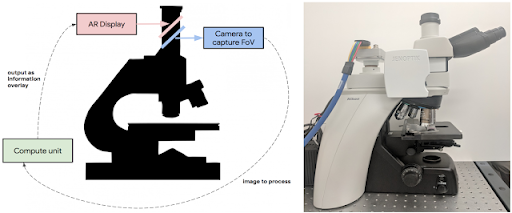
IBM has ambitious objectives around there with its AI stage Watson for Genomics, although so far its outcomes don't appear as good as promised.
In Switzerland, Sophia Genetics is using Artificial Intelligence to pinpoint gene mutations behind disease to help specialists in the solution of the best treatment. Their solution costs around $50-$200 per hereditary evaluation and as per the organization, it is at present utilized by around 970 clinics in more than 80 nations.
Another profound tech advancement for early discovery of malignant growth from Freenome has pulled in well-known VCs, including Andreessen Horowitz and Google Verily. The US-based organization as of late declared key cooperation with the Institut Curie to assess its AI genomics stage as a device to predict patients' reactions to immuno-oncology treatments by watching changes in biomarkers coursing in the circulation system.
How AI is helping?
Artificial Intelligence solutions are able to process complicated and vast information in a short span of time. With proper guidance, AI is able to surpass a human’s reading ability. As it continues to advance, it can see more clearly what the naked human eye cannot. That too, with even greater proficiency that is defined by a high level of accuracy.
Essentially, using such methods is less traumatic and invasive for the patient. It can also help to speed up the diagnosis process, ensuring that those who do receive a diagnosis, may be able to start their treatment sooner.
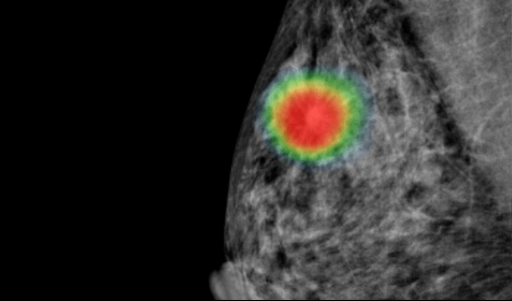
Also, AI is also quite useful when it comes to precision medicine, whereby the doctors use the genetic changes in the patient’s tumor to determine an adequate treatment plan.
In the past, the decision to use a specific drug, or treatment, depended on relatively limited information, often influenced by the subjective judgment of the individual physician.
Immunotherapy is a treatment that boosts the body’s natural defense mechanism so it can fight with cancer. The issue with immunotherapy is that it doesn't work on all cancer patients. It may work on some but does not work on others. Supercomputers can help specialists identify tumor responses of immunotherapy and observe how different patient bodies react to this specific treatment.
Clinical information from data sets means that specialists can use this information to develop active clinical sessions and can critically analyze genetic data related to immune proteins. Hence, we might see more effective cancer treatment, and more patients will be able to fight with cancer.
Since AI is capable of processing complex information, it can objectively analyze the vast amount of data that is already readily available. This includes pathology data and AI can accurately identify a deep pattern which can be decisive in determining patient response to certain drugs.
In case you want to create an AI-based application, you can contact certain software consulting companies that provide proper consulting.
Patient Specific Treatment
Just like an app development, one size does not fit at all when it comes to cancer treatment. Every patient is different and will react differently to various types of treatments. Researchers are looking for various ways to predict how effective a particular treatment will be for a specific patient. AI Trends can help with that by identifying patterns and make predictions. Healthcare software development companies are already providing AI-based solutions to their customers worldwide.
What are the difficulties that are stopping AI today?
Although some AI solutions are already available in AI and machine learning development companies in India, it goes without saying that this industry still has a long way to go.
The first thing AI needs to overcome is the issue of trust. It still needs to prove itself to patients as well as doctors. This inherent lack of trust, in my opinion, presently constitutes the biggest hurdle to full adoption.
AI should not be seen as a standalone solution for diagnosing or treating cancer patients in completely unsupervised surroundings. Rather it is a solution created to be a smart & helpful assistant to physicians, who have an invaluable, and holistic view of the patient’s condition and past medical history.
It is a prime example of how technology and humans can work together, and not against each other. The smart thing to do will be to see AI as what it is: a tool that may help in areas where human capabilities remain limited.
Conclusion
AI, at present, is playing a major role in improving cancer imaging diagnostics treatment response evaluation. It is also helping in predicting clinical results and catalyzing drug development. Though, obstacles still remain—such as validation & proving generalizability and the huge knowledge gap between clinical and data science experts.
There is undoubtedly a fantasy around AI. Entrepreneurs are tempted to surf on the hype and the limited understanding of the community about what AI is and what it can do. The AI business value chain should be discussed to clarify the involvement of different stakeholders in all steps, from raw algorithms to results.
If we can address these challenges, AI has the potential to transform oncology to drive cancer care into the 21st century and beyond.


